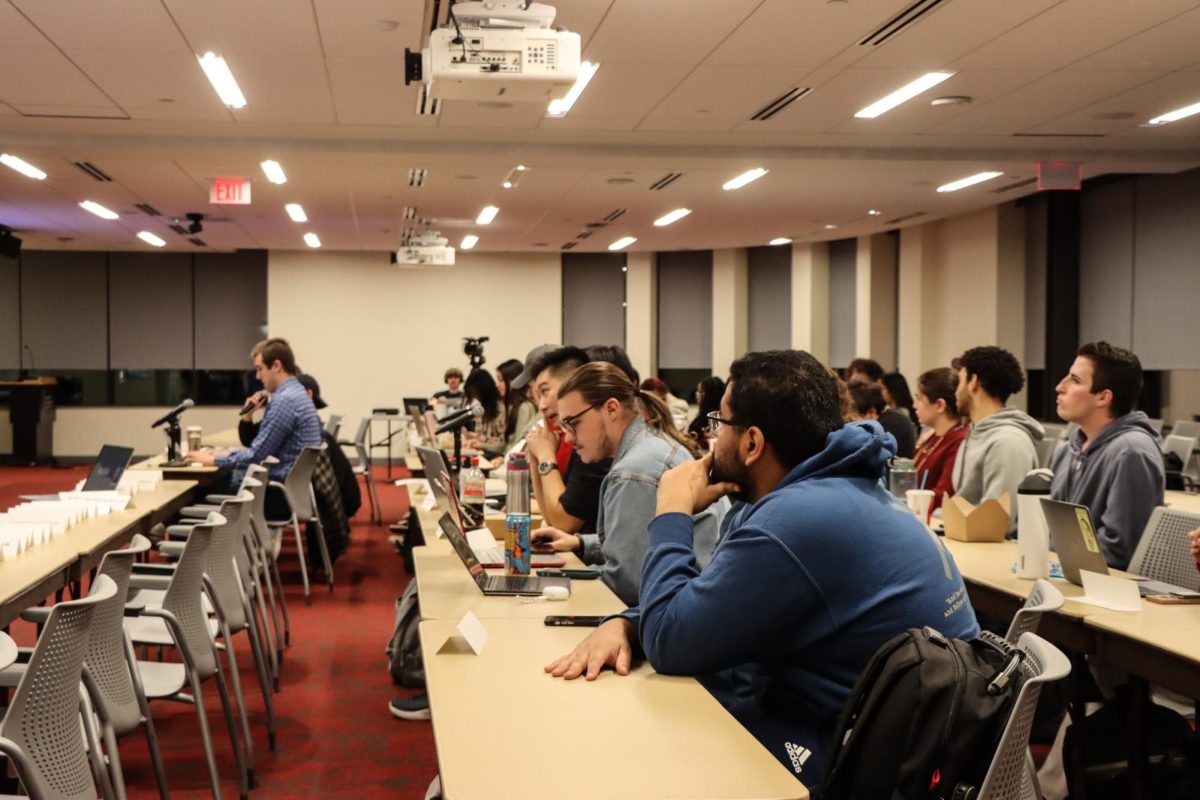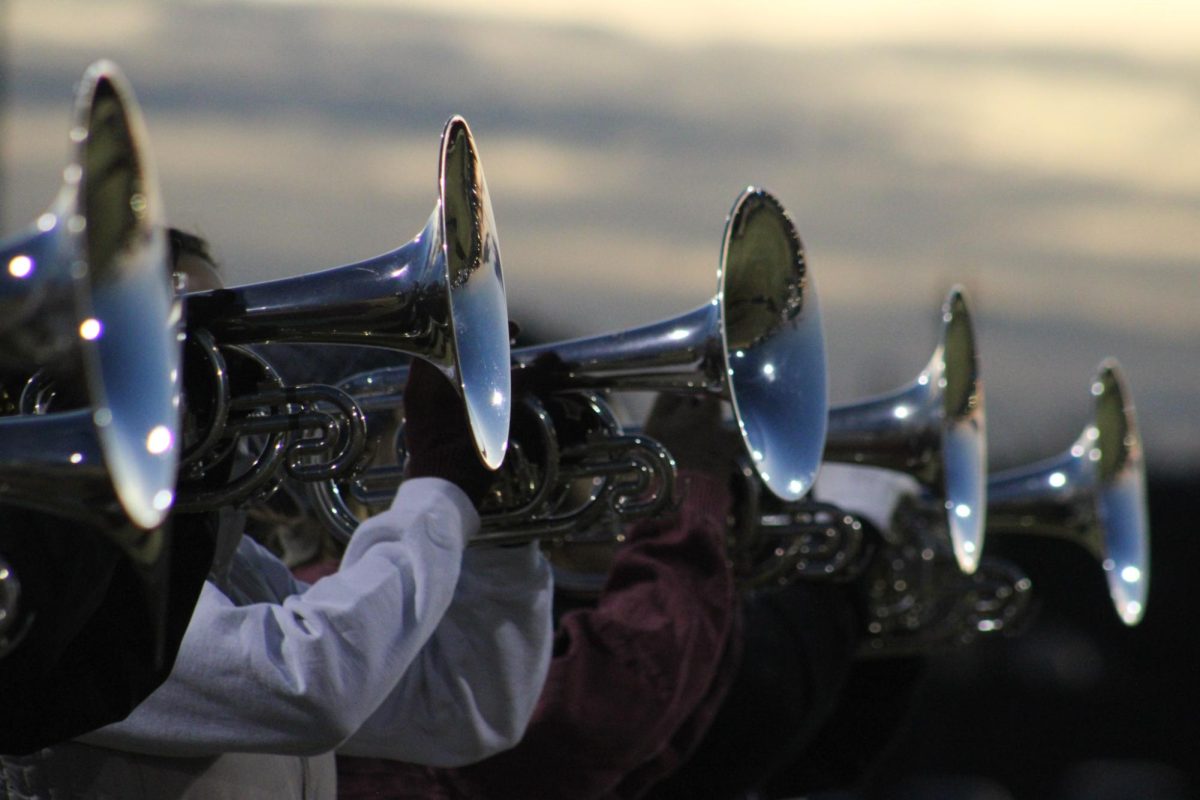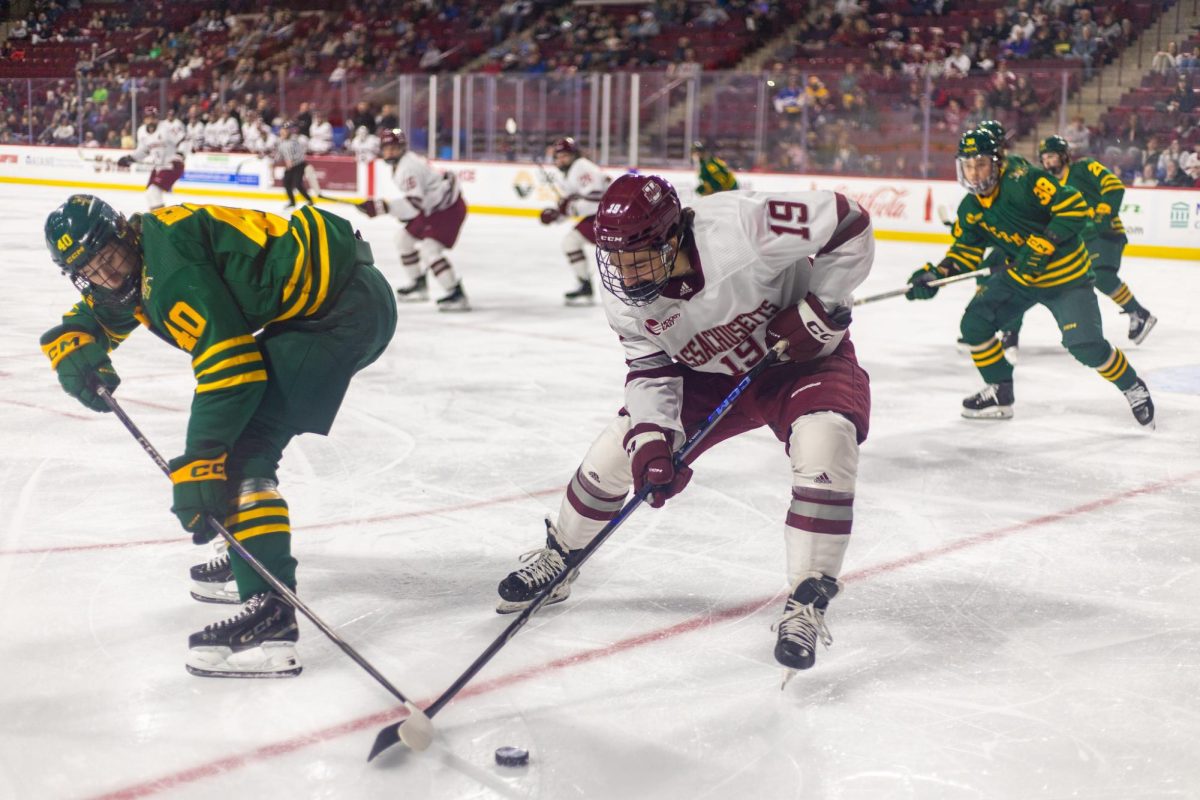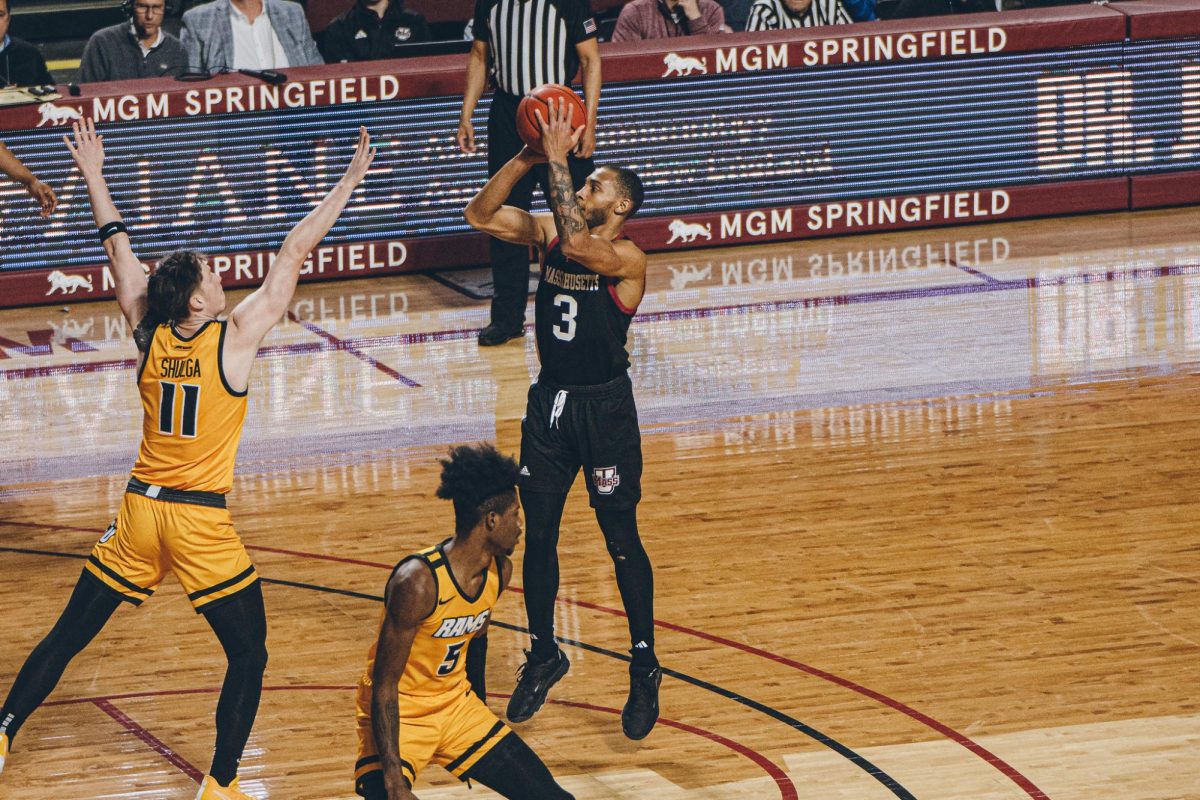In a handful of days I will again be in Massachusetts, jet propelled from what has been an invariable holdover of what I can best assume is my life.
I have never felt at home in Alaska, never grown into the comfortable role that lets you sleep soundly every night. Those who know understand the ephemeral feeling I have towards this place. It is not without some odd remorse that I look back at the last four months and weigh every experience unevenly against hypothetical scenarios that could not have been. It is also not without glowing revue that I challenge my mind to examine the time spent in this pause.
Alaska has offered an experience that could not be found in any other locale, not for me. It is isolationism to the greatest but an involvement and an attitude that does little to separate. Usually it holds its separate square, alongside Hawaii and placed wherever there is an open spot on a contiguous map. The lower 48 is a different world when you are here – so much closer to Russia, so much further from the eyes of anyone American.
“What I like about Alaskans is that Alaskans are Alaskans first and democrats or republicans second,” said Vernon Smith, a Nobel Laureate economist who has studied this state. The night I met Smith he looked as out of place as anyone could. In his Hope Indian jewelry and southwestern style suit, Smith was an outsider as I was, though I have looked more the part and blended a bit readily. But he was just as much playing the role of interested and genuinely concerned. Smith wants to make Alaska a part of his life, as I did, but is up against the same time frame, the same brevity and an equally slippery slope of acceptance.
If you have been an Alaskan for long enough you are considered a sourdough. That’s the name but it doesn’t have a strong definition. The name came about during the gold rush of the late 19th century, a label for old-time miners who stuck around after their old time mines dried up. Like some secret club, it seems that you are welcomed into sourdough-dom by other old timers.
I will not be here long enough to get this invite.
In the people I meet, while many are as warm and inviting as any others I’ve met in my world, there is a look I have become all too familiar with. I imagine Smith saw it too. I think the fact that I’m leaving is synonymous with my not being from here. It’s like some Alaskans see me as a quitter; I see myself as quite the opposite. For a state that wouldn’t have many of its 600,000 people without people coming from the outside, it has put an intangible wall up against outsiders. To label someone an outsider is to place someone in a category that carries the most incredible stigma no matter which inside you sit in.
The problem, and maybe the spark or otherwise fanciful cause: Alaska has long been hampered by outsiders. Whether it was boatloads of laborers from Seattle to work the fisheries, unchecked federal want from Washington D.C. making decisions from afar or some other outside influence (of the many that dot the state’s and territory’s history) the outsiders are wrong. U.S. Senators don’t know what Alaska needs, environmentalists are oblivious to what they are fighting for or against and at the same time there isn’t one Alaskan who is “in the know.”
There is more disparity between popular opinions as to what Alaska needs than any other political rift and yet every plan is so right. The state needs economic development, but environmental preservation. There is some strange mix of a need to pump oil out but also keep intact the land it is pumped from. There is a tunnel proposal to be built here. The motive behind the construction is to allow more cars to get to a little town at the other end of the rabbit hole. From what I understand, the tunnel allows more cars through it than the town can hold. But as they say, the truth is stranger than fiction.
While Alaskans trip over themselves to try to choose their state’s destiny there is an unwelcome feeling for those who would want a taste. For every suggestion that can’t be acted upon due to my impending exit, there is another glance:
Alaskans first, everyone else second.
Scott Eldridge II is a Collegian columnist on his way back from Anchorage, Alaska.






